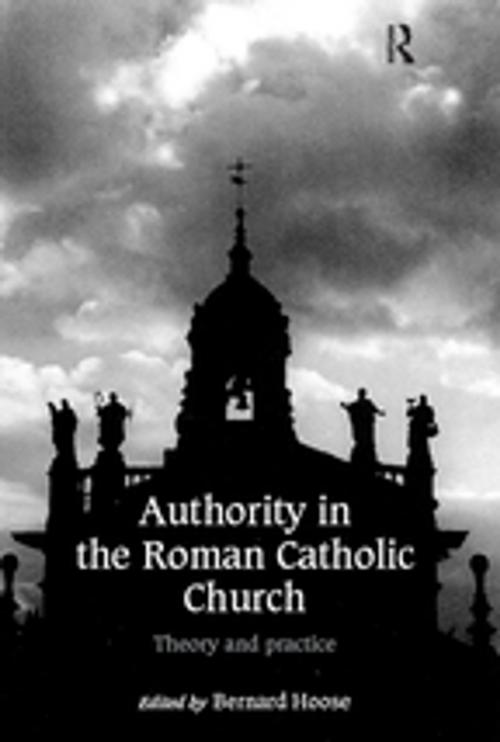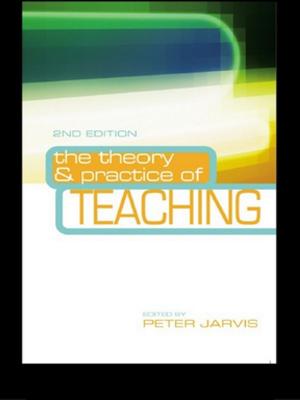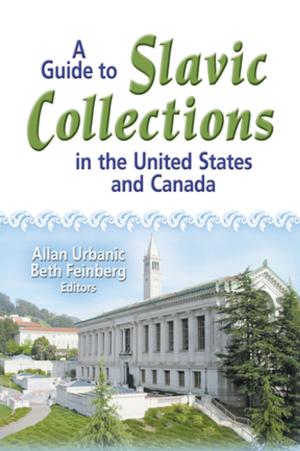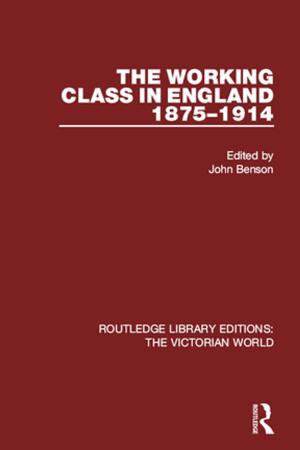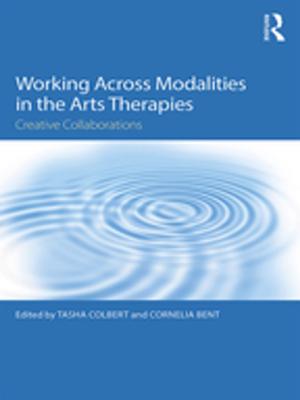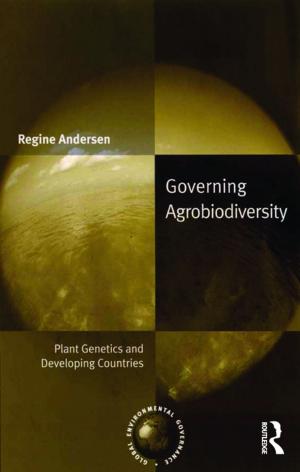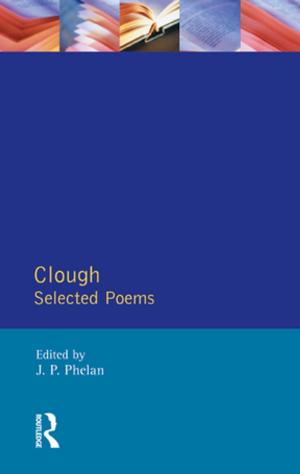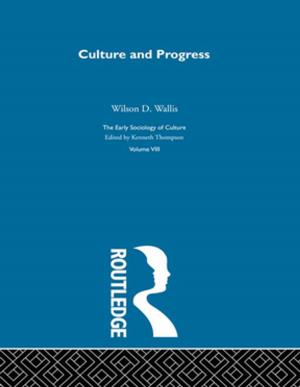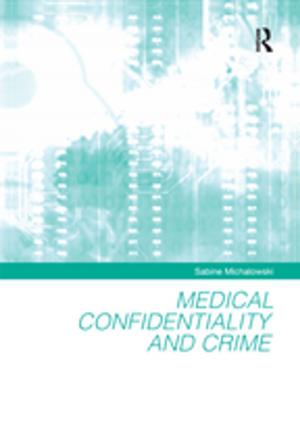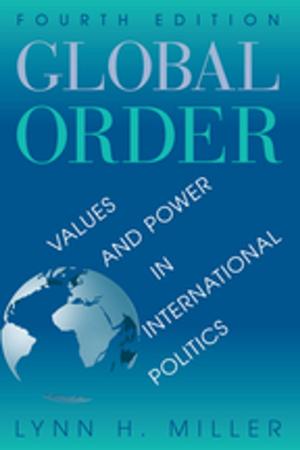| Author: | ISBN: | 9781351956536 | |
| Publisher: | Taylor and Francis | Publication: | March 2, 2017 |
| Imprint: | Routledge | Language: | English |
| Author: | |
| ISBN: | 9781351956536 |
| Publisher: | Taylor and Francis |
| Publication: | March 2, 2017 |
| Imprint: | Routledge |
| Language: | English |
How did the present authority structures within the Church come into existence? How, if at all, can we justify their existence? What form of authority should exist in the Church? These and other related questions exercise the minds of many Christians in these days when the very notion of authority is questioned, but debate about them is perhaps nowhere more lively than within the ranks of Roman Catholicism. This book offers an important contribution to such debate within that church. Leading Catholic theologians from both sides of the Atlantic take up the key issues: analysing the concept of authority and governance; examining the history of authority within the Roman Catholic church; discussing who should have a say in future developments; exploring ecumenical dimensions, with particular reference to Anglicanism and the Orthodox churches; and suggesting the kind of reforms that might be prudent, as well as ways in which such reforms might be brought about. The book will prove of interest to many Roman Catholics, but given the ecumenical impact of many of the issues explored, it is likely to exert a wide appeal far beyond the confines of that church.
How did the present authority structures within the Church come into existence? How, if at all, can we justify their existence? What form of authority should exist in the Church? These and other related questions exercise the minds of many Christians in these days when the very notion of authority is questioned, but debate about them is perhaps nowhere more lively than within the ranks of Roman Catholicism. This book offers an important contribution to such debate within that church. Leading Catholic theologians from both sides of the Atlantic take up the key issues: analysing the concept of authority and governance; examining the history of authority within the Roman Catholic church; discussing who should have a say in future developments; exploring ecumenical dimensions, with particular reference to Anglicanism and the Orthodox churches; and suggesting the kind of reforms that might be prudent, as well as ways in which such reforms might be brought about. The book will prove of interest to many Roman Catholics, but given the ecumenical impact of many of the issues explored, it is likely to exert a wide appeal far beyond the confines of that church.
